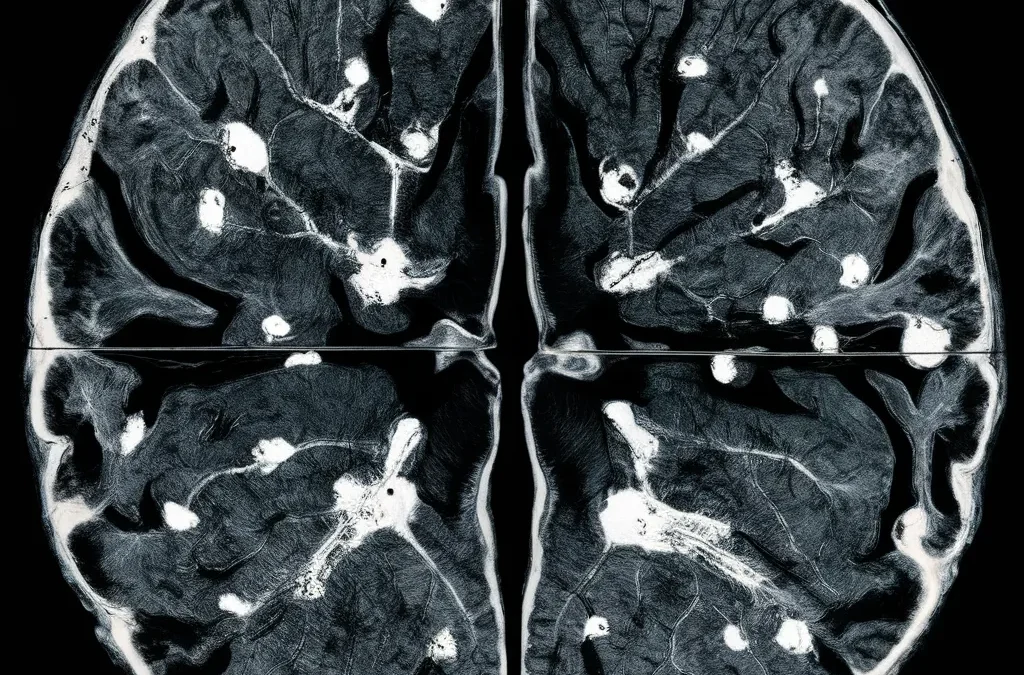The spoon clattered to the tiled floor, echoing in the silent kitchen. Picking it up felt like a monumental effort. Fatigue gnawed at me, a relentless companion that no amount of sleep could shake. My limbs felt heavy, like weights that were constantly my burden to carry. These weren’t just signs of a busy life; they were a mystery I desperately needed to solve.
For years, I had bounced from doctor to doctor, searching for answers. Each appointment felt like a frustrating dance. “Lose weight,” they’d say, their eyes scanning my already thin frame. “Exercise more,” they’d advise, oblivious to the exhaustion that clung to me like a parasite. “It’s all in your head,” more than one doctor dismissively suggested, planting a seed of doubt that blossomed into a full-blown fear. Was I going crazy? Is there something psychologically wrong with me?
The self-doubt fuelled an unhealthy obsession with my weight. Every morsel of food became the enemy, every kilogram a potential source of my suffering. I starved myself and joined every exercise class I could find, yet the numbness and fatigue remained with added stabs of pain in the head, in my sides, in my legs, in my eyes. The emotional toll was immense. Shame became a constant companion, taunting me that I was weak, a hypochondriac making a mountain out of a molehill. I’m a drama queen, I’m an attention seeker.
Finally, a new doctor entered my life. A man seasoned with experience, his eyes held a kindness and concern absent in the others. He listened patiently as I poured out my story, the fatigue, the numbness, the constant struggle to swallow which led to dehydration, the choking on foods making eating a terrifying ordeal. For the first time, I didn’t feel judged. He didn’t offer empty platitudes or dismissive advice. Instead, his first words were, “You need to see a specialist.”
A wave of relief washed over me, a fragile hope that maybe, just maybe, I wasn’t crazy after all.
At first, it was an ENT doctor who yet again told me to join a gym and lose weight. To the insult and injury, he added a prescription for Lyrica, a drug which made me so dizzy and overwhelmed with brain fog and an inability to focus or even walk straight without clinging to a wall. When I asked him for an MRI, he laughed at me.
Returning to my GP, he was visibly upset at what had happened and what I was told, but calmly he then said it was necessary to skip a few steps and go directly to the top. There wasn’t time to waste anymore.
The specialist he sent me to was a renowned neurologist who diagnosed me within minutes and therefore wasted no time. An MRI and lumbar puncture which were performed the very next day confirmed his suspicions — multiple sclerosis. Scattered across the scan were lesions, the culprit behind my invisible illness.
Yes, it was in fact all in my head. No, losing weight and going to the gym would not fix it.
There was fear, of course, a shivering dread that settled in my gut. MS was a chronic illness, unpredictable and ever-present. But alongside the fear came a strange sense of validation. I wasn’t imagining it. I wasn’t a hypochondriac. I wasn’t a drama queen. I wasn’t an attention seeker. I was sick. Really sick.
The diagnosis was a turning point. My new neurologist was a calming force, explaining the disease and outlining a treatment plan. It wasn’t a cure, but it was a path forward. Healthy eating, proper rest, stress reduction — these became my new mantras.
Living with MS isn’t easy. There are flare-ups, limitations, and a constant undercurrent of uncertainty. But there’s also a newfound determination, a fierce will to live life to the fullest while managing this unwelcome companion. This is my story, a story of frustration, fear, and ultimately, hope. It’s a story of resilience, of learning to navigate a new normal, and of the unwavering strength of the human spirit.
